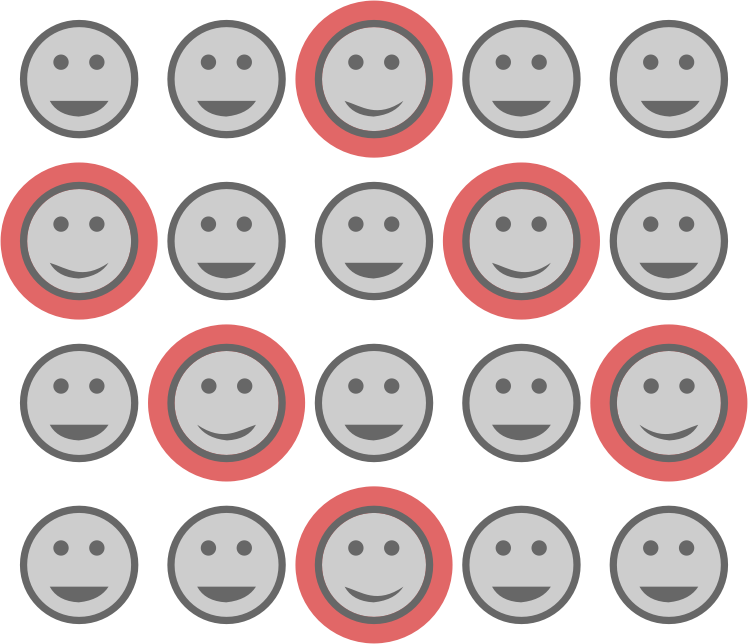Django and sub-classing – Conclusions (#59)
In this post we are trying to come to some conclusions about the different sub-classing options in Django that have been discussed in previous newsletters. Due to the long delay between posts, I have listed the options again below as a reminder. […]






